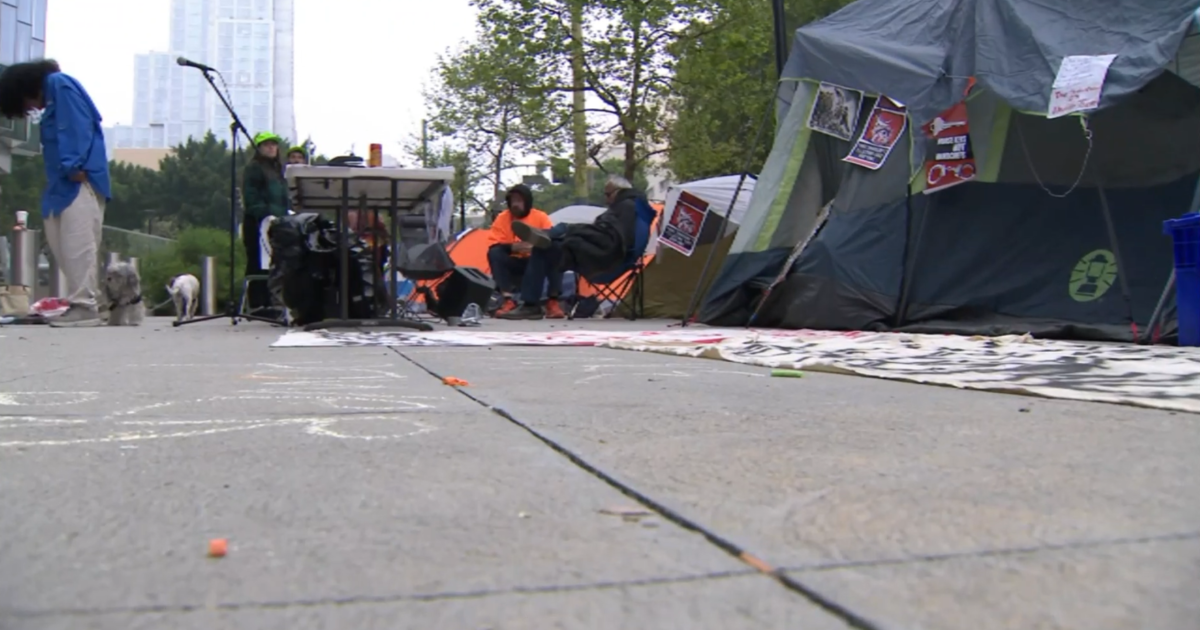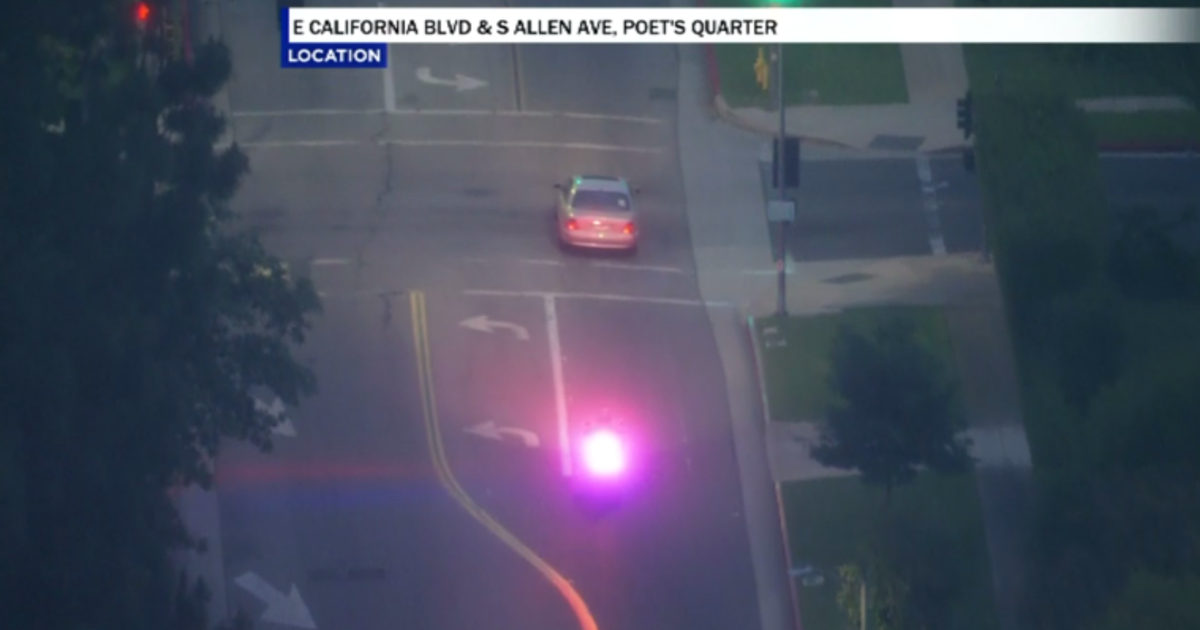Study: Crime, Domestic Violence In LA Soars Nearly 6% On Hotter Days
LOS ANGELES (CBSLA) — When the temperature starts to rise, researchers say so do violent tempers - at least in the City of Angels.
A new study by University of Southern California researchers using data from the Los Angeles Police Department found heat waves in Los Angeles have a direct impact on crime, specifically violent crimes: days that are hotter than 85 degrees saw a jump of 5.75% in violent crime and roughly 2.2% in crime overall.
According to researchers, the heat-crime relationship was more pronounced in low-income neighborhoods, which they say in turn impacts quality of life.
The study - conducted by USC research associate Kilian Heilmann and USC economics professor Matthew Kahn - surveyed LAPD crime reports, arrest counts, and service call records from 2010 to 2017, finding that sometimes police exert "less effort" on hotter days.
Cops pulled over fewer cars - roughly 6.6% less - on days hotter than 85 degrees, the study found.
"Given that we find that the Los Angeles Police Department exerts less effort on extremely hot days," they wrote, "the city's leadership can offer incentives or add more patrol cars on such days to supplement the supply of government services."
Suggesting "the quality of living quarters matters", Hielmann and Kahn said extreme heat had the most noticeable impacts on domestic crimes and intimate-partner violence. Those living in older buildings or housing without air conditioning were the least likely to be able to cope with the heat, they said.
According to Heilmann and Kahn, the findings "highlight that the quality of urban governance during times of extreme stress may be an important policy lever in helping all socio-economic groups adapt to climate change."
Click here to access the "Urban Crime and Heat Gradient in High and Low Poverty Areas" study.



